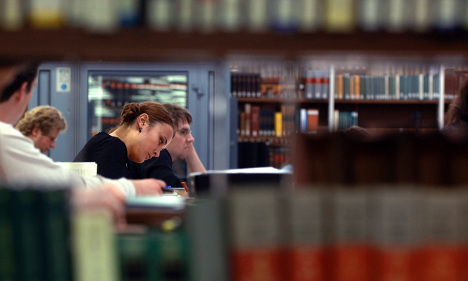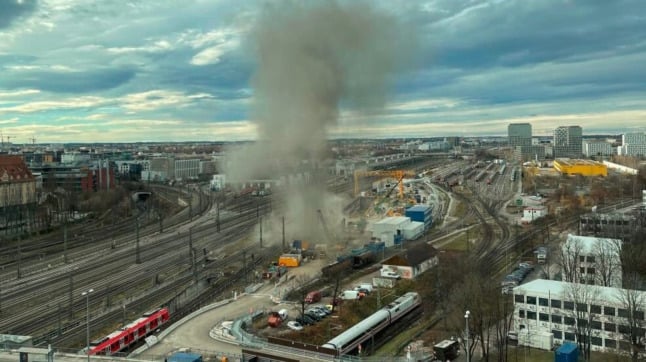While the top 100 is headed by a mix of US and British universities led by Harvard and followed by the Massachusetts Institute of Technology, the Universities of Cambridge and Oxford, German universities also feature in the 2013 list.
This year Germany had a new entrant which cracked the top 100 – Berlin’s Free University – meaning that there are now five German universities which are considered to have the best reputations.
They are, in order of rank success, Ludwig-Maximilian University in Munich, The University of Applied Science in Munich, both Berlin’s Humboldt and Free Universities and Heidelberg University.
Unfortunately for the country’s academics though, the top ranked German university Ludwig-Maximilian has this year slipped down two spots to 44th place. New player Berlin’s Free University landed at the end of the list between the 91st and 100th place.
According to the Times Higher Education, a university’s reputation not only reflects and drives university success, but attracts staff, students, business investment, research partners in a highly competitive global market.
Who ends up in the coveted list is based on what is apparently the largest worldwide invitation-only survey of senior academic opinion. Twenty countries feature in the table, the most commonly represented of which are the US, UK, Japan, Canada and Switzerland.
The Local/jcw



 Please whitelist us to continue reading.
Please whitelist us to continue reading.
Member comments